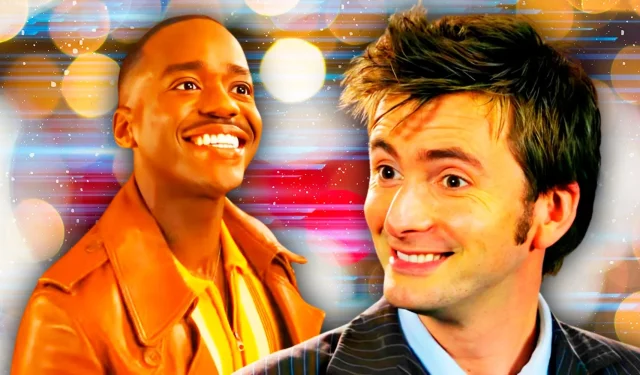
Warning: spoilers ahead for Doctor Who’s “Joy to the World.”
Throughout its rich history, Doctor Who has often flirted with the intriguing concept of altering historical events. For example, the Tenth Doctor’s encounter with William Shakespeare resulted in the unintentional inspiration for future plays that had yet to be crafted. Similarly, the Doctor introduced the banana daiquiri well before its time while visiting 18th-century France. Though humorous, such moments traditionally served as fleeting anecdotes within the show.
This playful approach to history took a notable turn during the show’s 60th-anniversary specials. In “Wild Blue Yonder,”the Fourteenth Doctor, portrayed by David Tennant, intersects with the legendary Isaac Newton, inadvertently prompting the renowned scientist to label his well-known discovery as “mavity”instead of “gravity.”This seemingly trivial shift in terminology has now become a curious and ongoing thread in the narrative, culminating with momentous implications for both the Doctor and viewers. Within Doctor Who’s current storyline, the concept of mavity has solidified, marking a rare instance where the Doctor has permanently altered history.
The Enduring Joke: Mavity in 2024’s Christmas Special
Will Future Showrunners Grasp the Importance of Mavity?
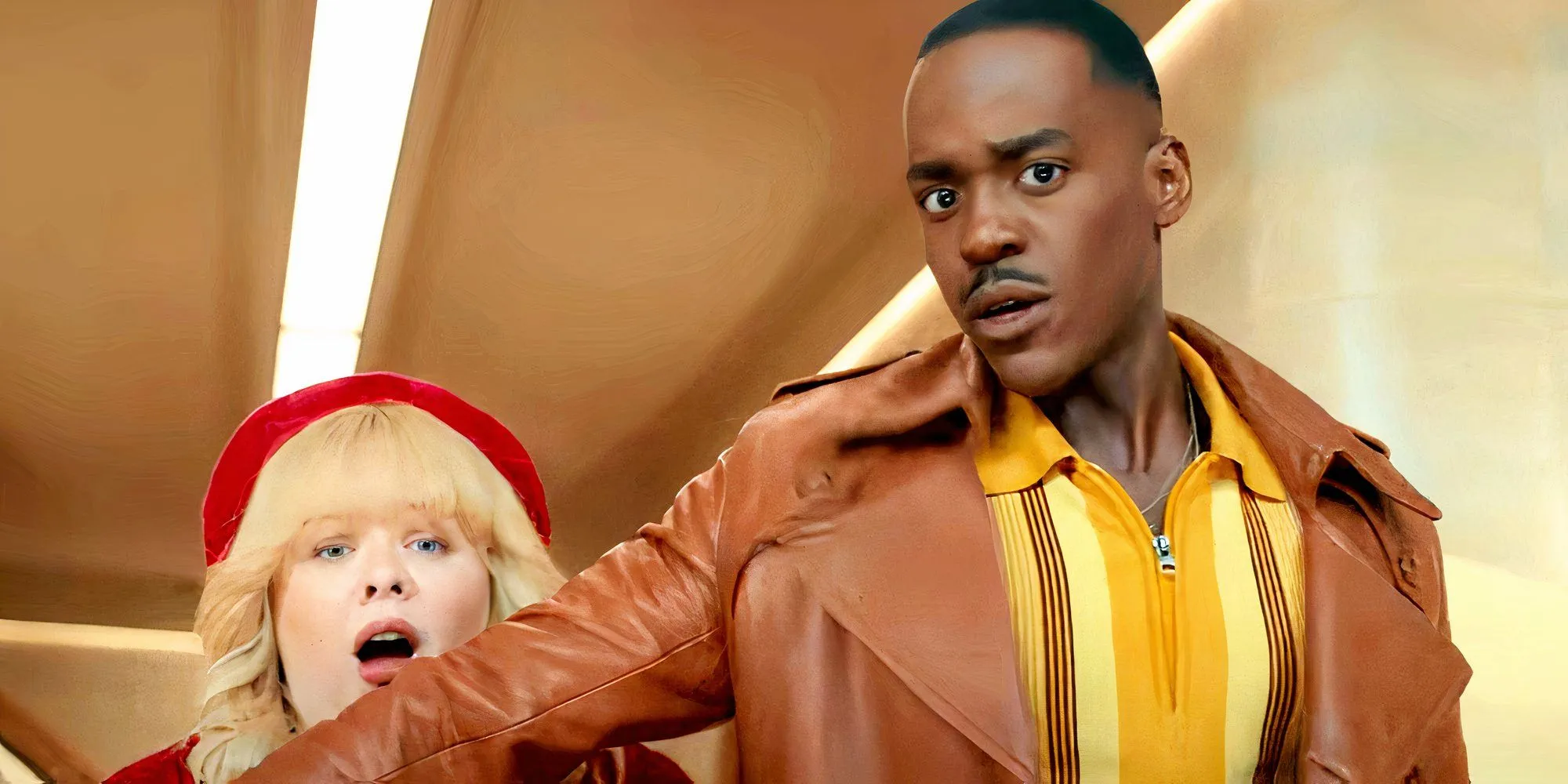
The introduction of mavity occurred in the episode “Wild Blue Yonder,”which aired on December 2, 2023. Fast forward to the Christmas special “Joy to the World”in 2024, where this humorous twist continues to thrive. During his conversation with Trev, played by Joel Fry, the Fifteenth Doctor, portrayed by Ncuti Gatwa, nonchalantly asks, “Can you access air density, humidity, temperature, rotational mavity, anything?”Notably, both Trev and Nicola Coughlan’s character, Joy, showcase no reaction to the term, affirming that mavity remains a recognized phenomenon in Doctor Who’s universe.
The real joke may evolve into whether Doctor Who can maintain the mavity gag over time. As long as Russell T Davies retains creative control, this anomaly will likely persist. However, speculation arises regarding the future: once Ncuti Gatwa regenerates and a new showrunner takes the helm, will mavity endure through the show’s legacy? There’s always a chance that a new creative vision might overlook this humorous detail, especially as original ideas come into play.
It would surely be disheartening if mavity faded into obscurity, replaced without explanation by the traditional “gravity.”Imagine, decades from now, Doctor Who season 45—with Ty Tennant as the 25th Doctor—still using the term “mavity”as if it were completely ordinary.
Why “Mavity”Became a Permanent Fixture in Doctor Who
Doctor Who Provides a Clear Explanation
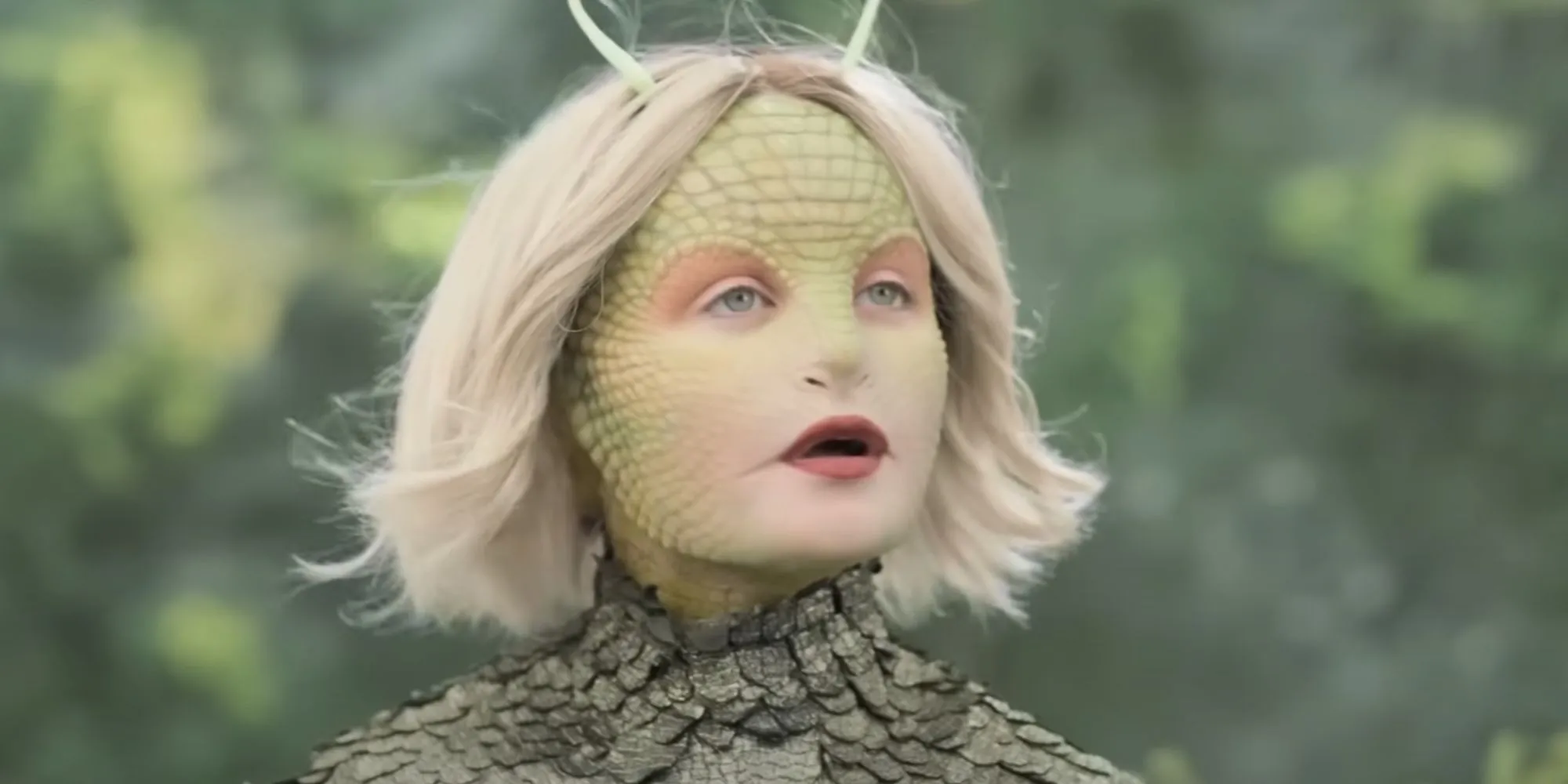
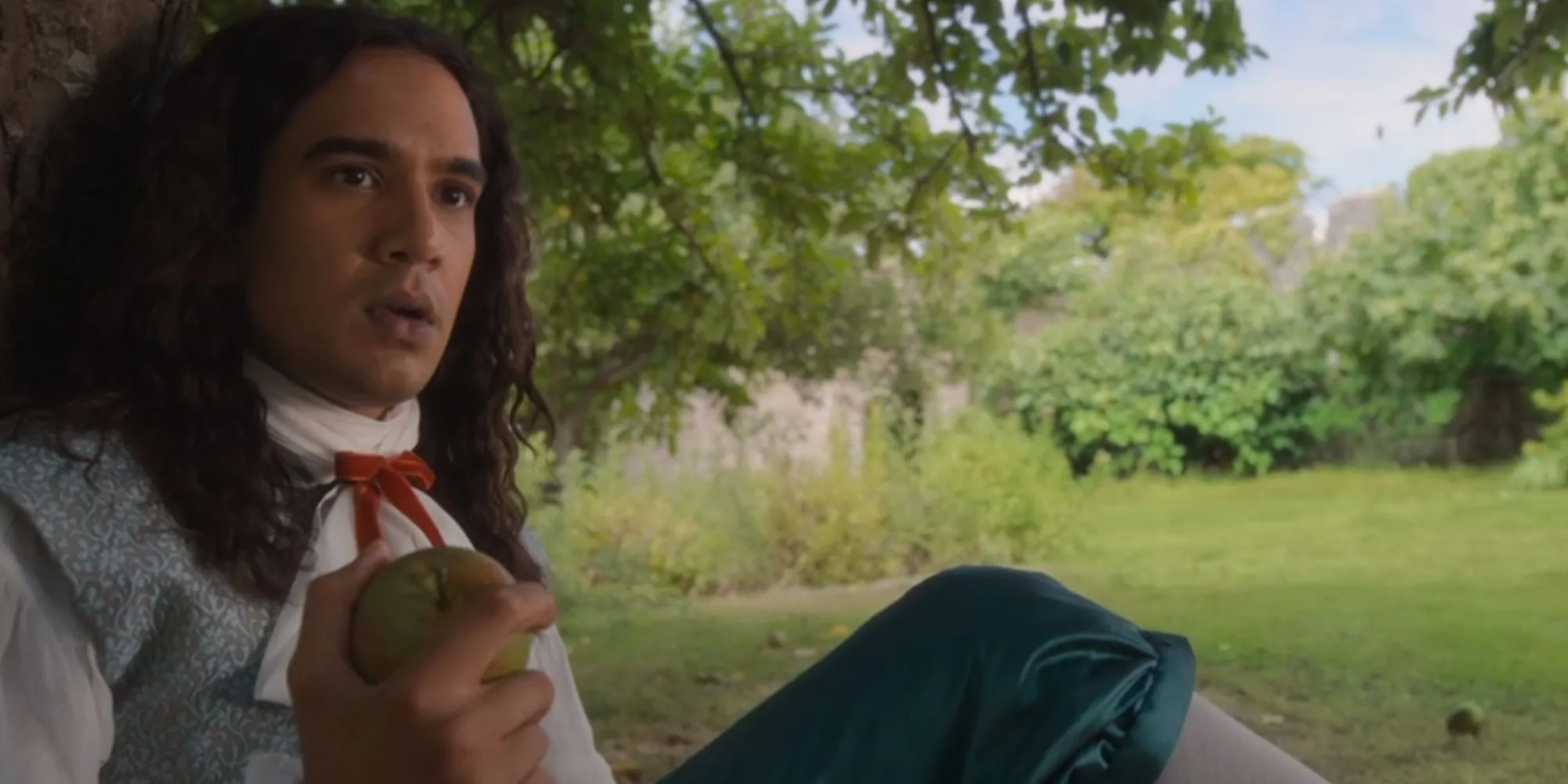

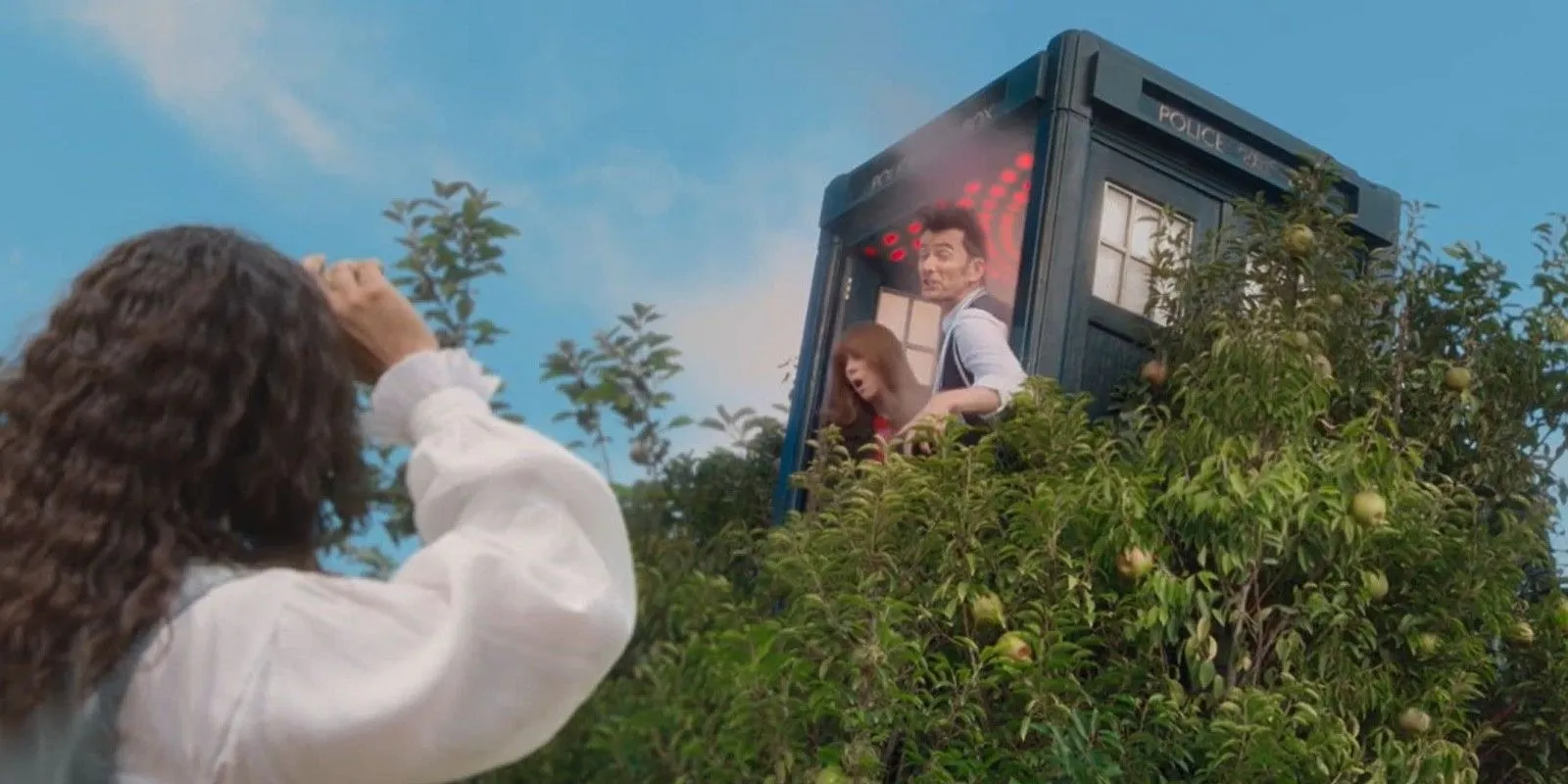
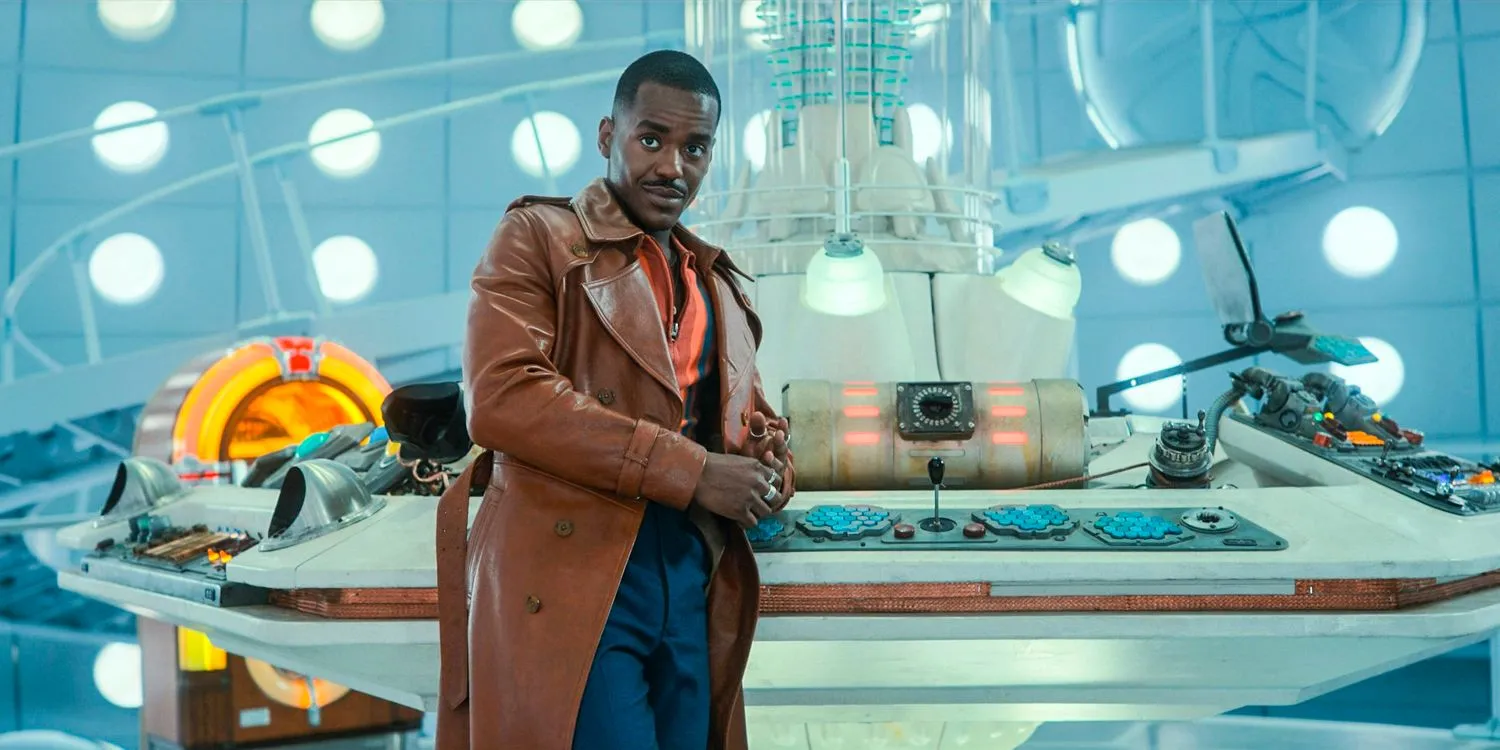
For over six decades, the Doctor has meddled with time and space, often creating disruptions much larger than the minor change introduced during the encounter with Isaac Newton. This inconsistency sparks inquiries about the Doctor’s past escapades that might have similarly altered history, yet went unnoticed. The introduction of mavity stands as an apparent deviation from the norm, raising questions about small changes the Doctor could have overseen throughout their many incarnations.
In the spirit of the show, this curious modification has melded smoothly into Doctor Who’s narrative. The storyline addressed this quirk in season 14’s opening episode, “Space Babies,”where the Doctor’s companion Ruby Sunday accidentally steps on a butterfly during a trip to the age of dinosaurs. This seemingly trivial act results in her transforming into a hybrid human-insect character. In reaction, the Doctor activates the TARDIS’ “butterfly compensation switch,”suggesting a mechanism exists to mitigate the repercussions of small changes made during time travel.
This revelation implies that prior to the moment in “Wild Blue Yonder,”the Fourteenth Doctor may not have reset the butterfly compensation switch, leaving room for mavity to take hold. In fact, following their encounter with Newton, the Doctor and Donna flew off without discovering this crucial detail until later adventures. Episodes like “The Giggle”and “The Church on Ruby Road”allowed any timeline changes to go unnoticed by viewers, as a majority of these impacted only future events.
Consequently, mavity remains a delightful anomaly in the Doctor Who canon, manifesting as a unique shift in Earth’s history that serves to amuse and engage audiences, ensuring that Doctor Who maintains its whimsical and unpredictable nature.




Leave a Reply